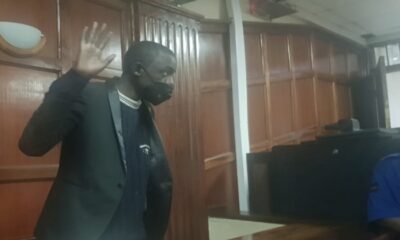

Jones Ochieng Mbogo will be cooling his heels in Industrial Area Remand Prison until March 3, 2021, when his sentencing will be read. Ochieng pleaded guilty...


Not until November last year when Kakuzi announced changes to its board in a shake-up following allegations of human rights violations in the firm that saw Kimani...


An unexpected call comes to a financial adviser or agent: “I have some Sh10 million in cash and a couple of cheques and would like to...


African Development Bank (AfDB) has blacklisted a local civil engineering firm for 36 months over fraudulent practices in a Sh6.3 billion project. In a statement yesterday,...
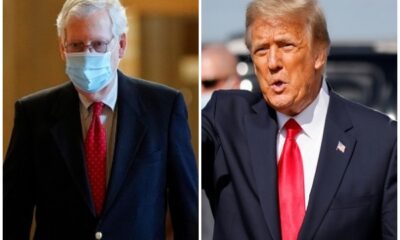

After being acquitted in the second impeachment trial, US former President Donald Trump on Tuesday (local time) called his former ally and Senate Minority Leader Mitch...
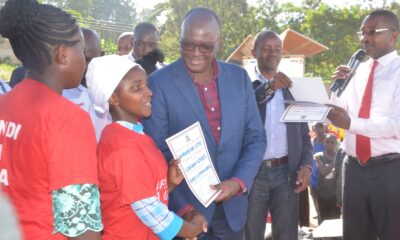

Heated campaigns for Murang’a governorship is expected to be witnessed in the county after eight individuals express their interest to take over after Governor Mwangi wa...


A daughter of Dubai’s powerful ruler who tried to flee the country in 2018 only to be detained by commandos in a boat off India has...


Fraudster Arafat Ikumu Omar who is charged with being in possession of over half a million fake US dollars has told the court that he intends...
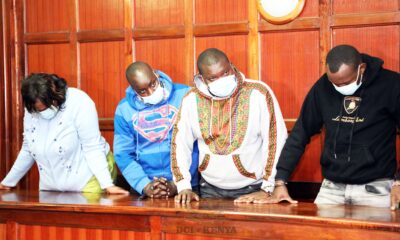

A university graduate and a land broker were today charged with stealing Sh2.8 million from a dead man’s bank accounts. Eutycus Muguna Mutembei and Ayugu Eugene Shivachi were...


In yet another expected and a normal occasion once a prominent person dies in Kenya, a 65-year-old Margaret Kerubo Chweya has come out to claim she...


You can now dress like world champion Eliud Kipchoge himself thanks to the new capsule collection by Nike. In colours inspired by his Kenyan roots, the...
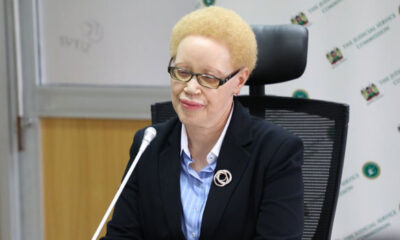

Northwestern Pritzker School of Law’s Center for International Human Rights (CIHR) will award its sixth Global Jurist of the Year Award to Justice Mumbi Ngugi, Judge of the...


DCI officers have arrested Cyrus Kinyanjui 32 and his accomplice Alexander Kuria 30, in connection with a robbery where a Chinese national lost Ksh 15M. According...


There is an intricate web of relationships stretching between City Hall and Dandora dumpsite, connecting politicians, private waste companies and gangs. In interviews in January 2020,...
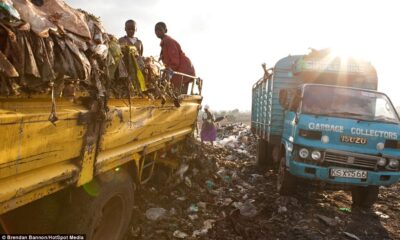

Around the world, waste management has proven to be a sector vulnerable to organized crime and corruption. The Dandora dumpsite – the only designated dump for...
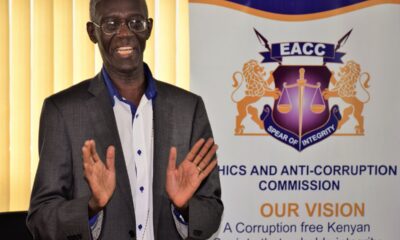

The Ethics and Anti-Corruption Commission (EACC) now wants the military subjected to audit to enhance accountability. EACC Chairperson Dr Eliud Wabukala says failure to audit the...
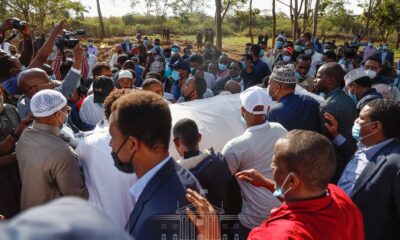

Senator Mohamed Yusuf Haji died on Sunday night while receiving treatment at the Aga Khan Hospital in Nairobi County and on Monday the 80-year-old Senator was buried...
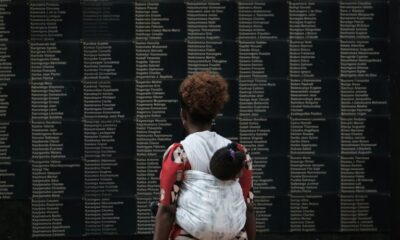

New documentary evidence from official French archives revealed that during the 1994 genocide in Rwanda, Paris allowed the perpetrators to flee while ignoring a request by...
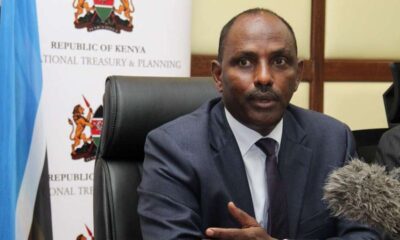

Summary: The IMF team and the Kenyan authorities reached staff-level agreement on a 38-month program to help the next phase of the country’s COVID-19 response and...
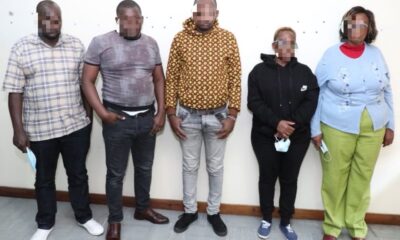

Ever heard of a dead person literally stealing from another dead victim? That was the case with the Rev Peter Kania Kariuki, the PCEA Secretary-General who...